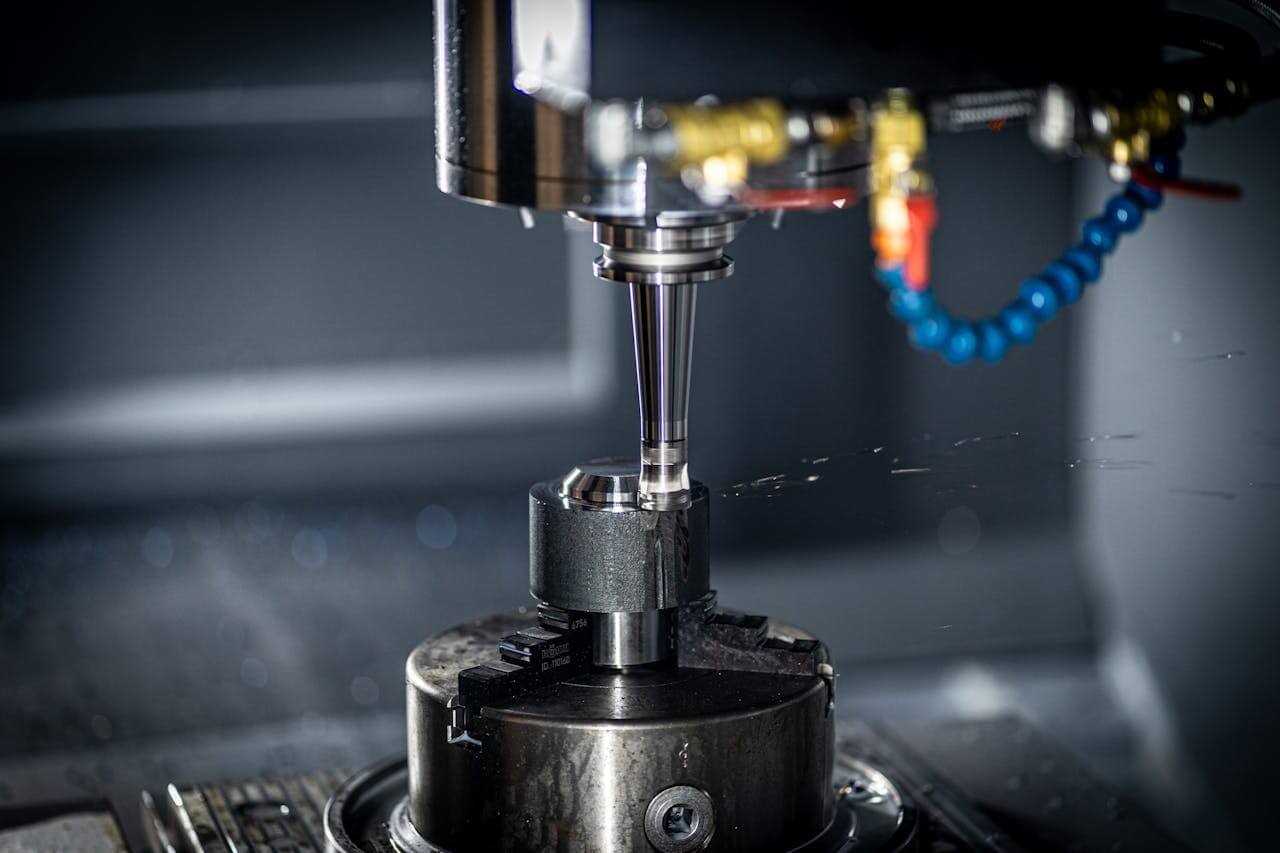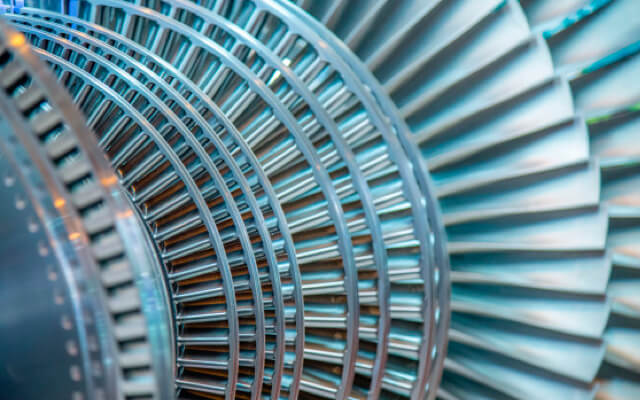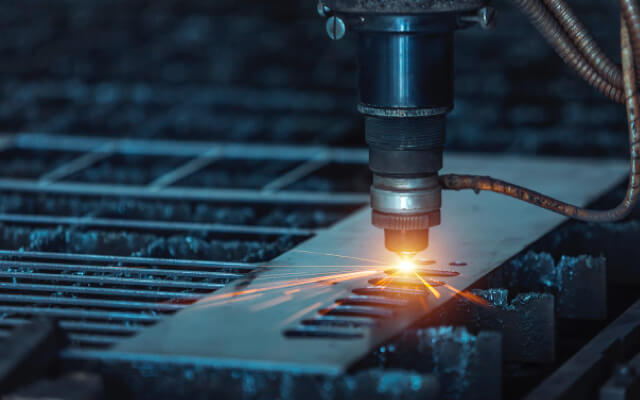CNC (Computer numerical control) is a type of manufacturing technique which automates the position and speed of a tool with high accuracy and precision using pre-programmed computer software. Professional CNC machine shops consist of CNC milling machine, CNC lathe, CNC plasma cutter, CNC Electric discharge machine, CNC laser cutter etc and provide accurate CNC services with the help of these highly accurate and precise machining techniques. CNC machine shops provide a wide range of CNC milling services for part development with various material configurations and form the backbone of the high precision parts manufacturing.
CNC machines have come a very long way since their inception in 1940’s and have brought a revolution in industrial manufacturing. There is lot of ongoing and upcoming technological advancements in CNC machining driven by its integration with technologies like machine learning, artificial intelligence, internet of things (IoT), 5G, data analytics, cloud computing, automation, robotics, digital twin etc. to achieve new heights in precision, accuracy, efficiency and productivity. Machine learning and IoT will help CNC milling machines to learn from its past operations, predict errors, evaluate preventive, perform machine maintenance, minimize downtime and artificial intelligence (AI)can allow CNC machines to adapt for varying material properties and enhance data driven decision ability. AI driven robots can be used for CNC operations round the clock and do not require a break or rest and this is very useful for mass production scenarios wherein the productivity is enhanced which is not possible with a human operator. AI powered machines can respond to voice commands and make their own decisions for repetitive tasks. Overall, we see that the impact of AI and machine learning is significant in the coming time and will transform this entire industry.
IoT integration will help in monitoring and collection of real time data, allowing remote diagnostics and control for CNC machine shops where in the CNC operation can be easily monitored and controlled without operator presence inside the CNC machine shop. Software forms an integral part of CNC machine architecture and it helps in developing user friendly GUI (Graphic User interface) with simple instructions of making CNC programs to operate the machines. This also reduces training time for operators. Such upgrades would also help in optimization of tool path, improvement in tool life, reduced machining time etc. The integration of these technologies is part of Industry revolution 4.0 and will make significant changes in CNC machining processes. Cybersecurity is another concern for having connected CNC machines and thus manufacturers need to make sure that these systems are protected from cyber threats.
Digital twin is another technology which is playing an important role in sustainable CNC practices where virtual models of CNC systems are made and simulated for efficiency improvement, analyze material wastage and improve precision. This innovative approach gives detailed analysis of the entire manufacturing process and thus can be used for further optimization of CNC operations.
Additive manufacturing has changed the game in the CNC machine market and with which highly complex geometries and designs which were earlier unimaginable to manufacture can be developed. CNC machines are leading this revolution by having both traditional manufacturing and additive manufacturing processes and this has been termed as Hybrid manufacturing. Here both the techniques are used to build a part. For example, additive manufacturing creates the complex shape and CNC milling performs the machining process on it with high precision and all this being done on a single machine only. CNC machine shops with such machines can provide services in all types of complex manufacturing services.
Multi axis CNC machining is becoming dominant in the manufacturing industry and replacement of traditional 3 axis machines is happening by 4-axis, 5-axis and also 6-axis machines. It has various advantages over traditional CNC machines and some of them includes reduced machining time, complex parts creation, increased productivity, reduction in overall costs, high precision and accuracy, superior quality ad surface finish, suitable for mass production etc. Various industries which use multi axis CNC machines include aerospace, aviation, medical, automotive etc.
Virtual and augmented reality are also finding their places in CNC machines and it allows operators to first work virtually by means of simulating the machining process, inspection of machine etc. before the actual physical machining starts. It helps in reducing errors and improves overall experience of machining.
Advanced materials and tools are also playing a role in CNC machining techniques development. Advanced tools are coming up with improved coatings, high durability etc. to meet the present-day challenges in manufacturing where in the tool life and its cost play a significant role in part development.
In 2024, CNC machine shops will be working as smart factories having machines integrated with these advanced technologies. CNC machines will be digitalized completely and would be interconnected in a system to improve efficiency and productivity. All CNC machine shops need to have such upgraded machines to stay competitive in this rapidly growing industrial market. CNC machine shops will be able to provide high quality, précised and even highly complex CNC machining services to its industrial customers. With growing industrial design complexities, machine shops need to have the best technology for CNC operations to compete in the market and deliver services of CNC milling, CNC lathe etc.
Overall, the future of CNC machining services, CNC milling services and its associated businesses is bright over the coming years and will play a significant role in what we design and develop in the coming future.






